With this leap year that beautifully started on a Monday, many have put together reading lists for the year for the sake of self-improvement and some recreational purposes.
I’ve given myself four categories of reading for each month and they are as follows:
Classics/Verse
Knut Hamsun (I plan on reading all of his works that are translated from Norwegian)
Orthodox Literature
Instructional/Educational
January:
Classics/Verse: “Paradise Lost” by John Miton & “Idylls of the King” by Alfred Tennyson
Knut Hamsun: “Victoria”
Orthodox: “Lantern of Grace” (The life of St. John Maximovitch) and “St. Seraphim of Sarov”
Instructional/Educational: “A Basque History of the World” by Mark Kurlansky
While I’m living in the United Kingdom, I want to finish these classics of British verse in Milton’s an Tennyson’s works. “Victoria,” is the name of my wife, and thus, I have chosen that as my next work to read by Knut Hamsun. I still haven’t finished reading about the Saint of San Francisco in Saint John Maximovitch, and theres a book about Saint Seraphim of Sarov at my church I’d like to read next. “A Basque History of the World,” was a Christmas gift from my good friend The Saxon Cross, and learning about my heritage has been liberating.
February:
Classics/Verse: “The Lord of the Rings” by JRR Tolkien
Knut Hamsun: “Pan”
Orthodox: “A Mind Intent on God” by Alcuin of York
Instructional/Educational: “Extreme Ownership” by Jocko Willink and Leif Babin
The Saxon Cross has also finally convinced me to read his favorite book, “The Lord of the Rings.” “Pan” is the story of an all-consuming, detrimental love affair set in the forests of Norway. “A Mind Intend on God,” is an Orthodox text by an English Saint I’m going to read with my wife, while we’re in England for one last month. I’ve read “Discipline Equals Freedom” by Jocko Willink, but I’ve yet to read Willink’s original text on leadership that will come useful in leading a company in Anti-Fragile Fitness.
March:
Classics/Verse: “The Aeneid” by Virgil
Knut Hamsun: “Mysteries”
Orthodox: “Orthodox Dogmatic Theology” by Father Michael Pomazansky
Instructional/Educational: “Taxtopia” by The Rebel Accountant
My experience with Greco-Roman classics is admittedly limited, so reading the unifying myth of Rome in “The Aeneid” seemed like a good place to start. “Mysteries” is a story of a stranger entering a coastal town and bewildering its inhabitants. With Lent beginning in March, getting deeper into the dogma of the Church seems timely. A study of tax codes will come in handy the month before tax day in reading “Taxtopia.”
April:
Classics/Verse: “Don Quixote” by Miguel Cervantes
Knut Hamsun: “Editor Lynge”
Orthodox: “The Orthodox Way” by Kallistos Ware
Instructional/Educational: “The Prince” by Niccolo Machiavelli
I’ve been waiting until I’m fluent in Spanish to read “Don Quioxte,” but I don’t think I can wait any longer and will assuredly enjoy the Spanish even more after first reading it in English. “Editor Lynge” is a story of an increasingly turbulent love triangle. "The Orthodox Way” is the book by Kallistos Ware that I have not read and am long overdue in reading. A study of both evil and politics will be easier to stomach during Lent, hence the intro to reading Machiavelli for the first time.
May:
Classics/Verse: “For Whom the Bell Tolls” by Ernest Hemingway
Knut Hamsun: “Shallow Soil”
Orthodox: “The Sayings of the Desert Fathers”
Instructional/Educational: “On Hero Worship” by Thomas Carlyle
Many are surprised to hear that I have not read any of Hemingway’s novels, as I was aggressively fixated on his short stories. “For Whom the Bell Tolls” was described by my grandfather as the greatest book he’d ever read. “Shallow Soil” is a story of a community of artists on the Norwegian coast. “The Sayings of the Desert Fathers,” is a core text of the Orthodox Faith in a time when monasticism began to flourish. I’ve seen several hours worth of videos explaining Carlyle, but I want to read the source text that coined “Great Man Theory.”
June:
Classics/Verse: “The Beautiful & Damned” by F. Scott Fitzgerald
Knut Hamsun: “Dreamers”
Orthodox: “Rock and Sand” by Father Josiah Trenham
Instructional/Educational: “The Phenomenology of Spirit” by Georg Hegel
My wife rented “The Beautiful & Damned” from the library last summer, and I didn’t have enough time to read it given my schedule leading up the wedding and a move to the UK. The first twenty-five pages had the kind of prose that had me fall in love with Fitzgerald’s writing in the first place. It also appears to be the closest to Fitzgerald’s personal life and psyche. “Dreamers” is a surrealist story of man versus society. “Rock and Sand” has proven extremely effective in introducing generational American Protestants to the Orthodox Faith. “Then Phenomenology of Spirit” is Hegel’s crowning work I’ll need to read in order to better understand and speak on our current political climate.
July:
Classics/Verse: “Les Miserables” by Victor Hugo
Knut Hamsun: “Tales of Love and Loss”
Orthodox: “Orthodoxy and the Religion of the Future” by Father Seraphim Rose
Instructional/Educational: “The Populist Delusion” by Neema Parvini (Academic Agent)
Les Miserables is a musical I’ve seen three times, and once upon a time, when I was an actor, it was my goal to play Jean Valjean in its 50th anniversary production. A good friend of mine’s wedding gift to me was old copies of both part one and two, which I intend to finally read. “Tales of Love and Loss,” are a widely lauded collection of short stories. It will be interesting to see if his short stories are as powerful as Hemingway’s, as Hamsun is the greatest influence on Hemingway. “Orthodoxy and the Religion of the Future,” is Fr. Seraphim Rose’s best known text that states what his estimation of Christianity’s greatest antagonistic belief system in the twenty-first Century. “The Populist Delusion,” is the first in a series by Academic Agent, detailing the flaws and failures of Populism as a political system.
August:
Classics/Verse: “Brothers Karamazov” by Fyodor Dostoevsky
Knut Hamsun: “The Women at the Pump”
Orthodox: “The Homilies” by Saint Gregoy Palamas
Instructional/Educational: “The Histories” by Polybius
“Brothers Karamazov” is a book that many have described as the greatest book ever written. “Women at the Pump,” is about a gossip-filled and corrupt coastal Norwegian town.” Saint Gregory Palamas is one of the most revered Orthodox theologians, and his homilies are both polarizing and celebrated throughout Christendom. Polybius is cited as the original cyclical historian, and “The Histories,” is where his classifications of history’s cycles come from.
September:
Classics/Verse: “Heart of Darkness” by Joseph Conrad
Knut Hamsun: “On Overgrown Paths”
Orthodox: “Patristic Theology” by Fr. John Romanides
Instructional/Educational: “My Inventions” by Nikola Tesla
“Heart of Darkness,” is a critique of European Colonial Society in Africa during the 19th Century. “On Overgrown Paths” is the final novel by Knut Hamsun and his attempt to prove his soundness of mind after his sanity was called into question. "Patristic Theology” is a text on the university lectures of Fr. John Romanides. “My Inventions” is the autobiography of Nikola Tesla, a man who despite there being much literature about, seems to remain shrouded in mystery.
October:
Classics/Verse: “The Red & The Black” by Stendhal
Knut Hamsun: “Chapter the Last”
Orthodox: “My Life in Christ” by Saint John of Krondstadt
Instructional/Educational: “Imperium” by Frances Parker Yockey
“The Red & The Black,” is the crowning achievement of Stendhal, and it has been explained to me as a story of honor. “Chapter the Last” is the fruit of a period of Knut Hamsun’s life that was consumed with death. “My Life in Christ” is the widely celebrated text by St. John of Krondstadt, a Saint who was given the gift of clairvoyance who proceeded to predict the rise and fall of the Soviet Union. “Imperium” is considered by many to pick up where "Decline & Fall of the West” by Oswald Spenglr left off.
November:
Classics/Verse: “The Count of Monte Cristo” by Alexander Dumas
Knut Hamsun: “The Ring Is Closed”
Orthodox: “Eight Sermons on the Book of Genesis” by Saint John Chrysostom
Instructional/Educational: “The Creature from Jekyll Island” by G. Edward Griffin
It will be my first time re-reading what I believe to be the greatest book of all time in “The Count of Monte Cristo.” It will be a nice followup on romantic French literature after reading Stendhal. “The Ring Is Closed” is a fascinating tale of a Norwegian lighthouse keeper who travels to America and finds himself haunted by crimes he committed there upon his return home. St. John Chrysostom has written many exceptional homilies of which the most recent I’ve read are those on marriage and family. The Book of Genesis is likely my least favorite book in the Bible, so some insight on it would be more than welcome. “The Creature from Jekyll Island” is a book that many have urged me to read in order to better understand the farce that is the Federal Reserve.
December:
Classics/Verse: “Vanity Fair” by William Makepeace Thackeray
Knut Hamsun: “Wayfarers”
Orthodox: “On The Human Condition” by Saint Basil the Great
Instructional/Educational: “The World as Will and Representation” by Arthur Schopenhauer
“Vanity Fair” is a novel that is both a satirization of 19th Century British society and an early deconstruction of literary heroism. “Wayfarers,” is a trilogy of books set in the 1860s and 1870s that chronicles the way between traditional and industrial society. “On the Human Condition” is an introduction to major themes in Greek Patristic anthropology-the image of God in the human being, the Fall of humanity, and the cause of evil. “The World as Will and Representation” is the designated book to start with when beginning reading Schopenhauer, one of the most beloved philosophers of the new right wing movement.
The books I’ve listed above are ones that I’ve set as the bare minimum for 2024. It’s only totaling in 50 books for the year, so I will likely read more than these. I’ll set these as the priority, and within two week blocks of the year, I’ll plug in other books to read if I’m ahead of schedule or have spare time.
I do everything in my life in two week blocks due to my training being organized as such. It’s enough time for the body force adaptations, and I’ve found the mind is the same.
I don’t read books to say I’ve read them, but I strive to be changed by their ideas either by accepting them or strengthening my mind by rejecting them.
Knut Hamsun became my “literally me” writer upon my first reading of “Hunger,” and I want to fully understand his entire ethos, mindset, and writing style to better understand my own.
The books listed under “instructional/educational,” are books that I believe will serve ad self-Improvement, but most self-improvement books from today are watered down rehashes of things like Proverbs with the exception of anything that has to due with the current age’s given circumstances or anything that is tested against the rigors of combat.
If anyone would like to read any of these books along with me, DM me, and I'd be happy to trade notes.
Over and Out.

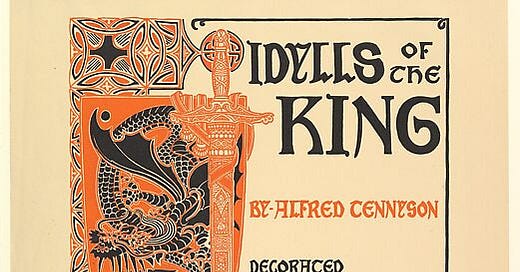



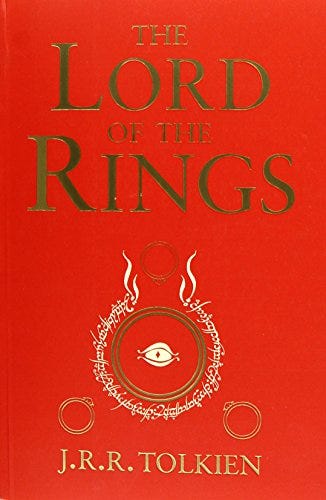
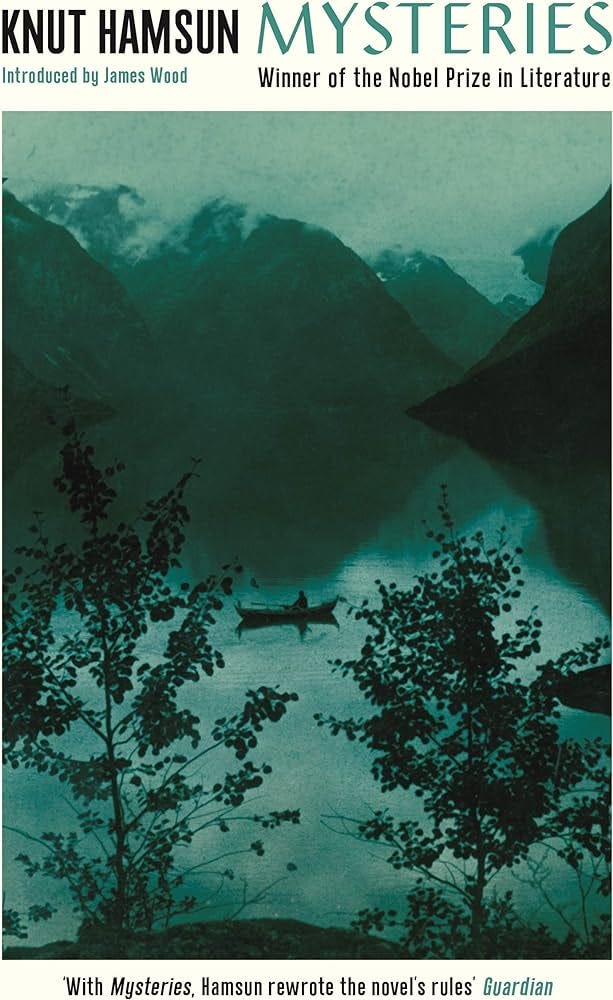
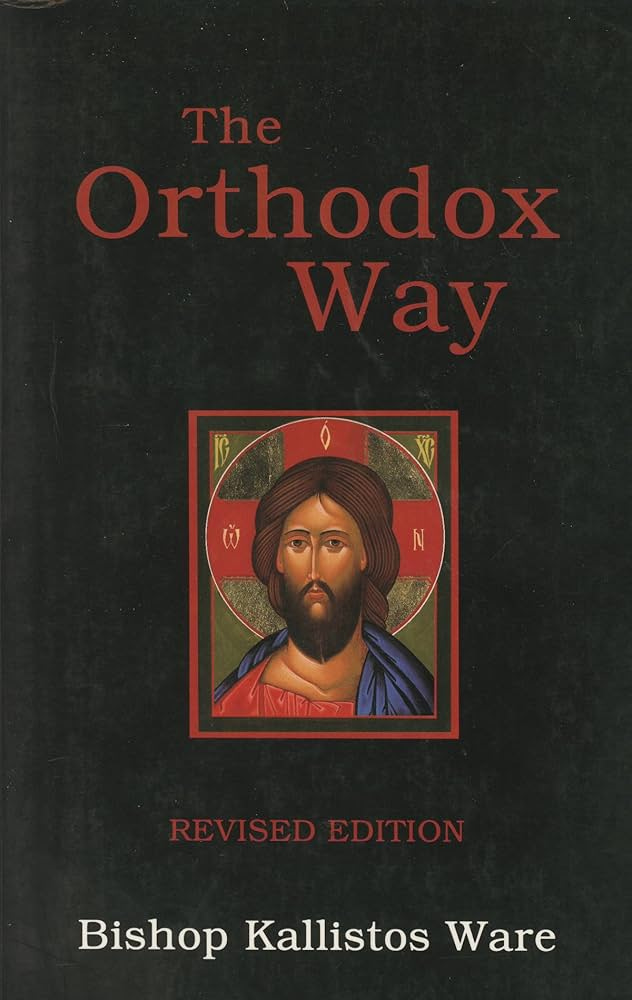



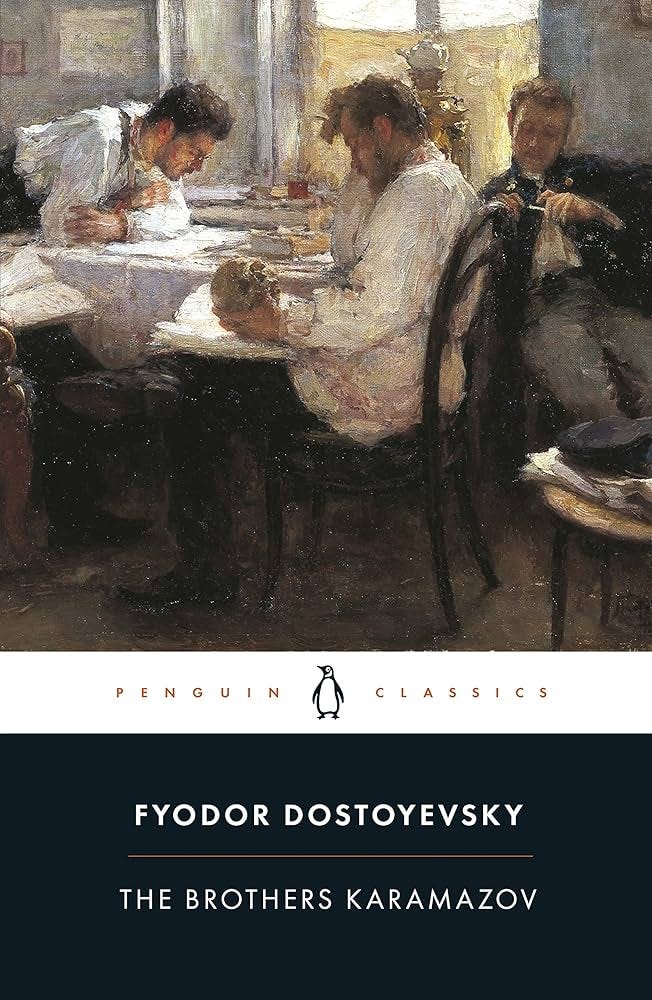
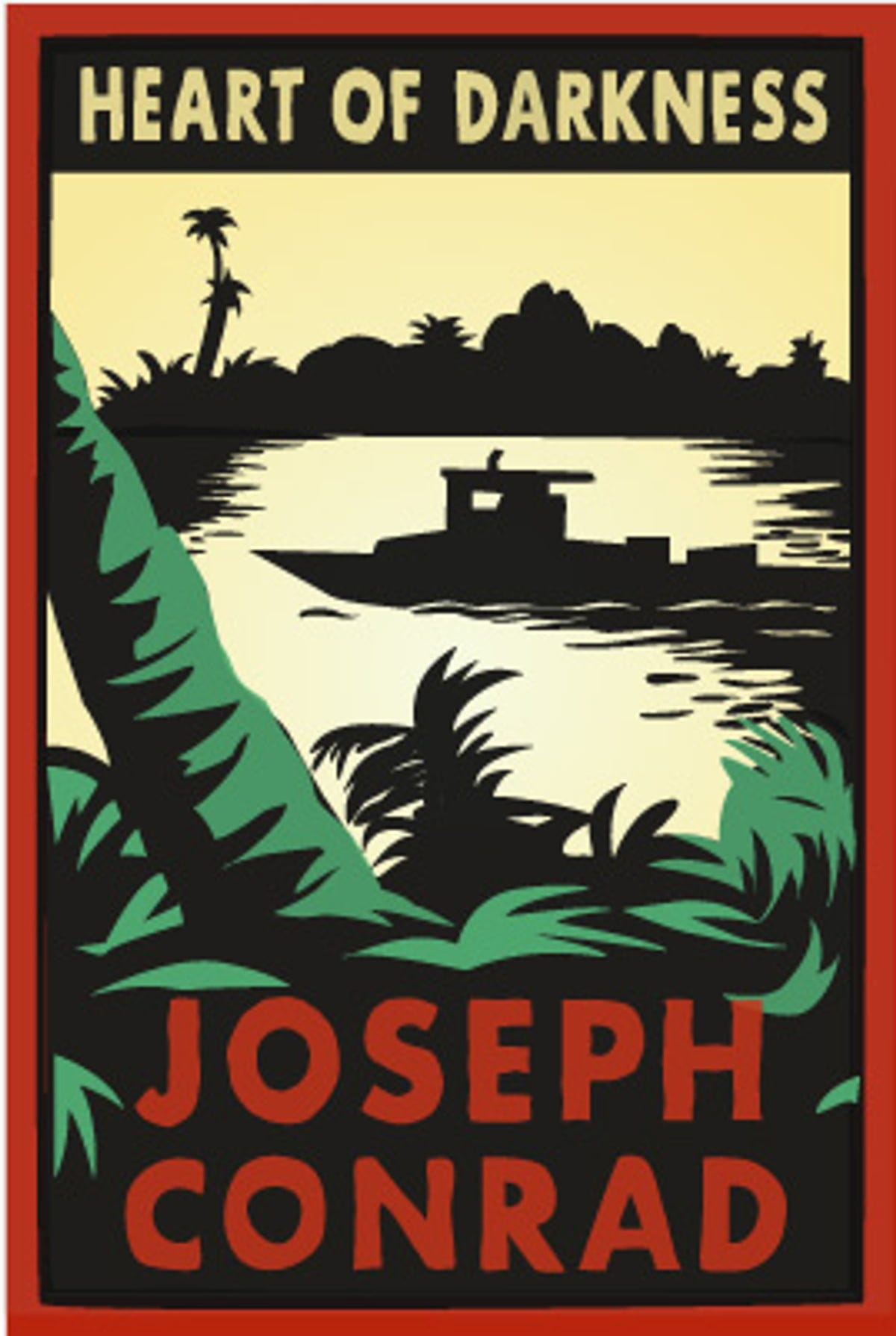
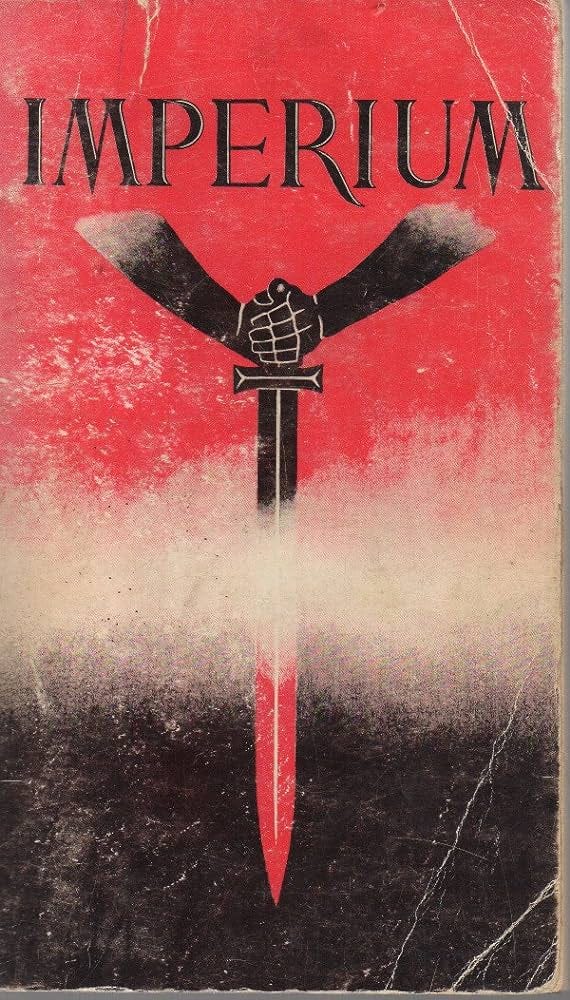


I should pick up a copy of Yockey. My reading list last year was abysmal (lmao 12 books) and this year due to work I have lined up half a dozen (at least!) biz/sales related books. Need more food for the soul and for the mind.
Very interesting list. How do you manage to read so much ? Would you mind sharing your reading routine ?